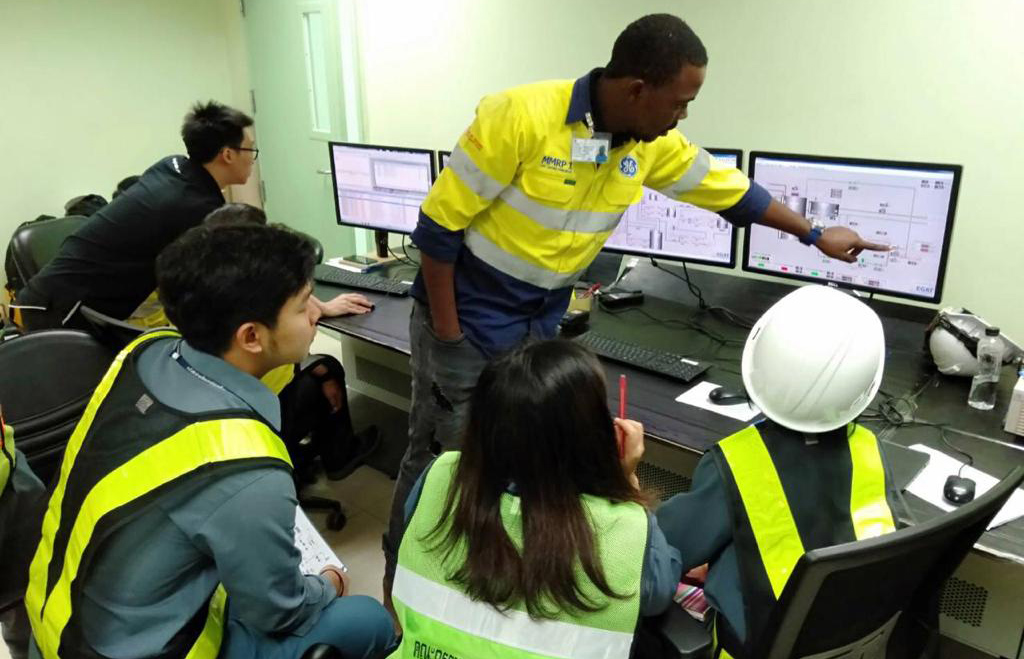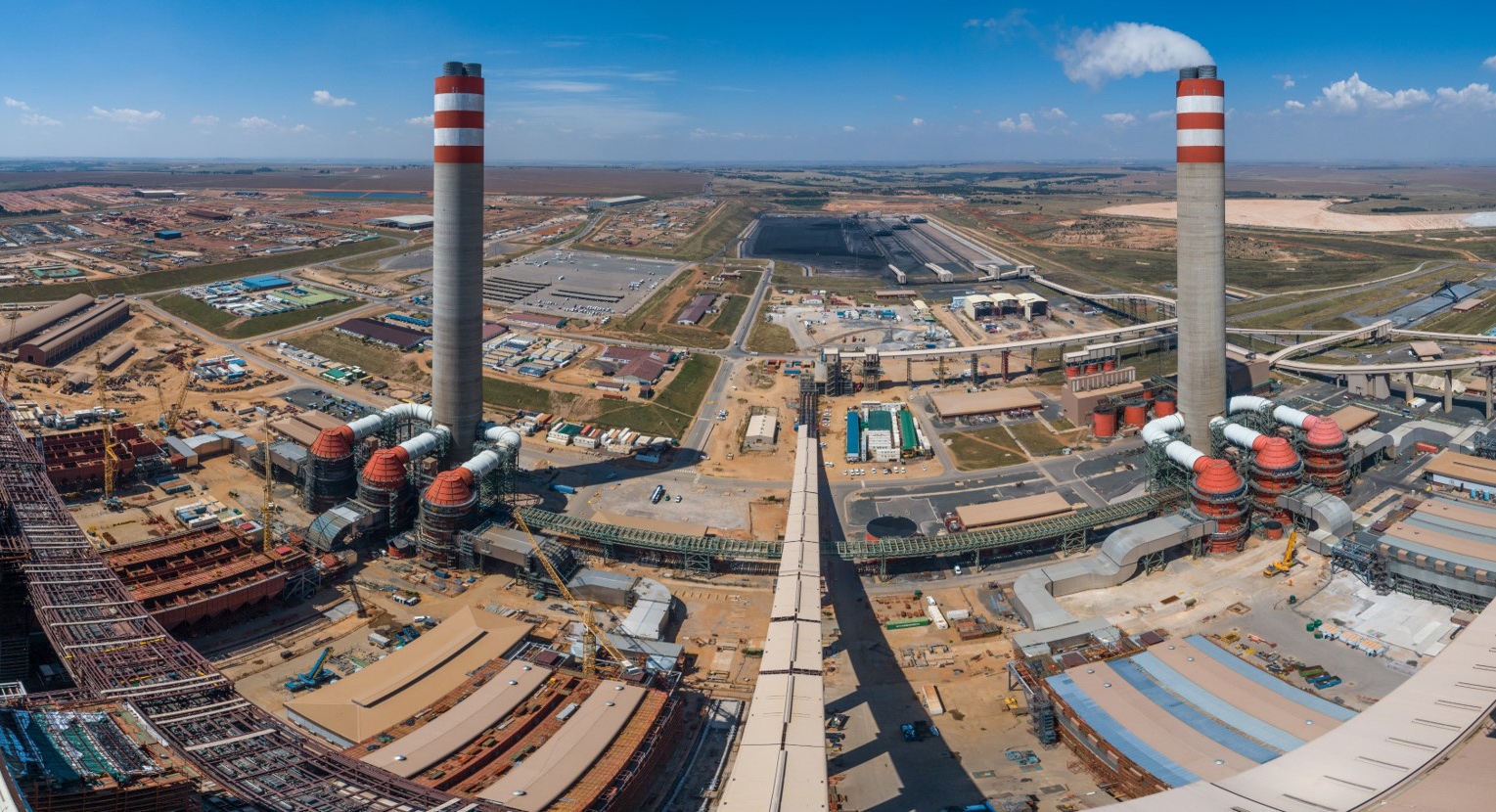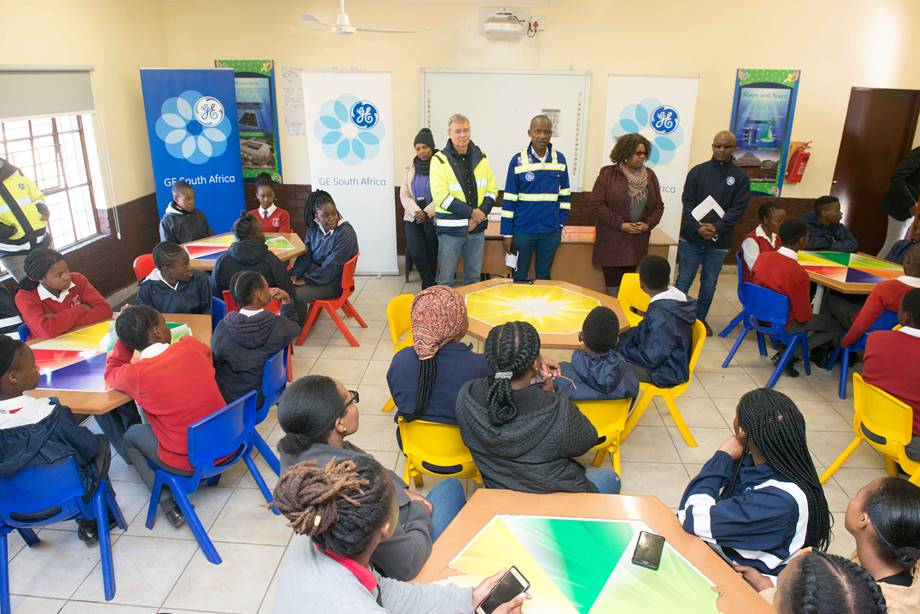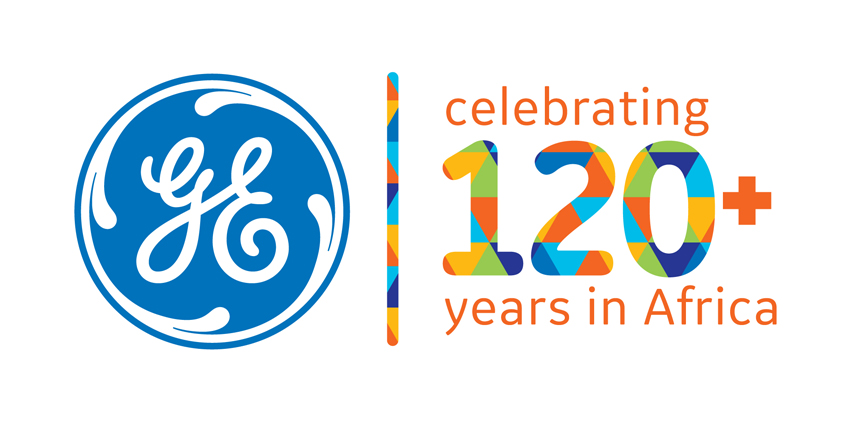In 2018
Corporate Social Responsibility has long been an “evolving” business practice. Today more corporates are realising the value of creating shared value to address social inequalities, and are investing in initiatives that will have socioeconomic and environmental impact beyond mere philanthropy.
This year, General Electric (GE) is celebrating 120+ Years in Africa by examining the impact it’s had across its business operations. Fatima Moosa spoke to Lee Dawes, GE Steam Power chief executive and regional leader for sub-Saharan Africa, on the company’s commitment towards supporting sustainable development through technological innovation, skills development and localisation.
 Makgana Modiba, Commissioning Engineer on assignment at Mae-Moh power station in Lampang, Thailand
Makgana Modiba, Commissioning Engineer on assignment at Mae-Moh power station in Lampang, Thailand
Can you take me through the decision to open the Johannesburg office, all the way back in 1898?
GE has always believed (and still believes) in Africa’s growth potential. We pledged to support South Africa in its early transformation journey to build an inclusive economy across industries such as energy, transportation, mining and health that would have a significant impact on the lives of its people. When historical challenges resulted in our exit, our re-entry into the market wasn’t only a showcase of our resilience and perseverance but our continued commitment to investing in the country, through project expertise, technology transfer, skills training and supply-chain development. This has been made possible through some of our infrastructure projects and successful public-private-partnerships.
Why is it so important for you to localise and do business in South Africa?
Our main goal is to assist countries meet their energy and economic developmental goals, given their local needs. According to the National Development Plan, energy infrastructure is a critical component that underpins economic activity and growth across South Africa. The role we can play in this is to invest in the right technologies, develop the right technical skills needed to help the industries grow and support local suppliers.
Over the past three years, we have been able to increase our spend to support small black-owned businesses, with a specific focus on Qualifying Small Enterprises and Exempted Micro-Enterprises (new small enterprises), businesses owned by people with disabilities and youth.
What work does GE Steam Power do?
As an industry leader in cleaner power generation, we work collaboratively with our customers, helping them improve access to reliable and affordable power by harnessing local energy resources, and implementing innovative power generation technologies to reduce environmental impact. In South Africa, we are responsible for the engineering, procurement and construction (EPC) and quality of turbine islands and air-cooled condensers at the Kusile and Medupi power stations.
 In 2018 Kusile’s Wet Flue Gas Desulphurization (WFGD) plant, the first of its kind installed on the continent exceeded its performance test by achieving a 93% removal efficiency rate for SO2
In 2018 Kusile’s Wet Flue Gas Desulphurization (WFGD) plant, the first of its kind installed on the continent exceeded its performance test by achieving a 93% removal efficiency rate for SO2
In addition, GE Steam Power is constructing the first-of-its-kind environmental control technology system in Africa. The wet flue gas desulphurization plant at the Kusile site helps ensure that emissions released from the thermal power generation process are kept below the limits specified by environmental regulations.
Outside of South Africa, we have been working closely with the Zimbabwe Power Corporation over the past decade to provide reliable energy in support of the country’s growing electricity demand. We are also active in various projects that vary in size and scope in Tanzania, Botswana, Cote d’Ivoire and Kenya. These projects will not only close the infrastructure gap but also bring much-needed power, improve energy security and availability and provide a catalyst for economic development.
GE Steam Power is proud to be part of GE’s group of companies encompassing healthcare, aviation and energy. GE generates nearly one-third of the world’s power — more than 1 600GW of electricity — in 140 countries, and helps equip 90% of the power transmission utilities worldwide.
Can you describe GE’s approach to sustainable development and why it’s important to “give back”?
Our developmental approach is aligned with three United Nations sustainable development goals: Good Health and Wellbeing; Quality Education and Decent Work; and Economic Growth. We believe that access to affordable, reliable, sustainable electricity is critical to reducing poverty and hunger as well as promoting access to education and healthcare. And, as a company that has paved the way in innovation for more than a century, GE can deliver technology that helps achieve long-term sustainable development to meet the world ‘s emissions reduction targets as defined by the 2015 Paris Agreement.
We recognise that to make a sustainable impact, we must be deliberate in our efforts to support social change. Over the years, we have leveraged large infrastructure projects that have provided opportunities to create jobs and develop the critical skills needed to drive continuous growth in the energy sector.
 GE volunteers at Uitkoms Shelter of the Roepings bond. As part of GE Steam Power CSI funded employee-led initiative Alusani. A solar power kit and an automated water irrigation system to sustain the vegetable garden was installed at the Shelter. (Photo: GE Steam Power)
GE volunteers at Uitkoms Shelter of the Roepings bond. As part of GE Steam Power CSI funded employee-led initiative Alusani. A solar power kit and an automated water irrigation system to sustain the vegetable garden was installed at the Shelter. (Photo: GE Steam Power)
Today, however, there are fewer projects of this nature and scale due to budgetary pressures and financing, so we have to think a little differently around how we nurture talent. Opportunities across vertical streams include manufacturing and reskilling (where needed) for maintenance and the operations of power plants; these need to be among the considerations for the future.
When it comes to “giving back”, the concept is often misinterpreted as only supporting charitable causes. Therefore we place emphasis on the notion of “creating shared value” by working to strengthen public–private partnerships. For us to make meaningful impact we must be socially aware, and such partnerships allow us to identify key social challenges within various communities that we can address.
What are some of the ways that GE is helping to develop skills to drive growth in the energy sector?
Research shows that a healthy and safe learning environment aids learning and enhances education outcomes. In the past seven years, GE Steam Power — working with local municipalities and communities — has supported schools in the Mpumalanga province through its school infrastructure upgrade project, launched in 2013.
GE’s school infrastructure upgrade project
Through this initiative, 10 existing schools have been refurbished and upgraded and a new school has been built. The projects take the environment into consideration, implementing ecologically conscious solutions such as rainwater harvesting, energy efficiency fittings, Enviro Loo water-free toilets, and low-maintenance landscaping. This work has enabled a better and more productive learning and teaching environment.
 As part of the Alusani initiative, Bennet Mavundla, project contract manager, made an impactful contribution by sponsoring the electrification of Duvha Combined School, after the school was subjected to an arson attack at the beginning of the year. (Photo: Howling Hound for Premier Aviation)
As part of the Alusani initiative, Bennet Mavundla, project contract manager, made an impactful contribution by sponsoring the electrification of Duvha Combined School, after the school was subjected to an arson attack at the beginning of the year. (Photo: Howling Hound for Premier Aviation)
- Most schools in Mpumalanga are underserved and lack access to functional science laboratories. We teamed up with Eskom in 2013 as part of the Kriel Power Station Retrofit project to help bridge this gap by upgrading the school’s science laboratory. The facility lets teachers conduct prescribed science experiments, providing experiential learning opportunities and practical exposure that better prepares learners for examinations.
- The laboratory currently benefits 350 learners registered in 2019 between grades 10 to 12 who are pursuing STEM-related fields of study
Each project is implemented to benefit the community by providing employment and contracting opportunities that are co-ordinated in a fair and transparent way to help ensure project stability. GE has rolled out four school infrastructure projects in 2019 in and around the Mpumalanga province. In addition to infrastructure and building upgrades, landscaping and recreational areas also will be included in some projects.

Skills development and increasing employability
- Technology transfer and skills development are key drivers to advance long-term development of any sector, economy or country. Not only does GE believe in the continuous development of the company and its employees, but it remains committed toward bridging the critical gap in STEM skills in South Africa. Through joint efforts with the government, universities, and industry professional bodies, GE provides access to necessary training through educational funding and skills development programmes that build a future generation of STEM professionals.
- By providing necessary training, the ASGISA (Accelerated and Shared Growth Initiative for South Africa) programme helps accelerate and narrow the gap in scarce skills and increase the employability of graduates. Benefitting more than 50 trainees in various fields of engineering to date, the programme has provided talent for both the Kusile and Medupi projects. ASGISA continues to further empower local youths with skills that will benefit the South African economy through qualification and registration with the Engineering Council of South Africa.
- South Africa’s growing need for electricians, welders, mechanics and other manufacturing skills has placed artisans among the top trades in demand to spearhead economic growth and job creation. In 2014, GE teamed up with Eskom to launch a two-year apprenticeship programme to train unemployed youth in artisan skills. The Merseta accredited programme aligns to government goals outlined in the NDP and the White Paper on Post-School Education to produce 30 000 artisans by 2030. Since the programme was introduced, more than 960 artisans have been trained and qualified as welders, engineers, fitters and boilermakers.
- The two-year learnership initiated in 2016 has afforded South African youth living with disabilities with invaluable work experience across sales and commercial operations, business administration, marketing and communications, and finance and human resource career fields. This learnership forms part of GE’s inclusion and diversity strategy that seeks to strengthen inclusion and equity. More than 30 learners have benefitted from the programme, structured with training and developmental initiatives to harness leadership skills, business acumen and soft skills.
